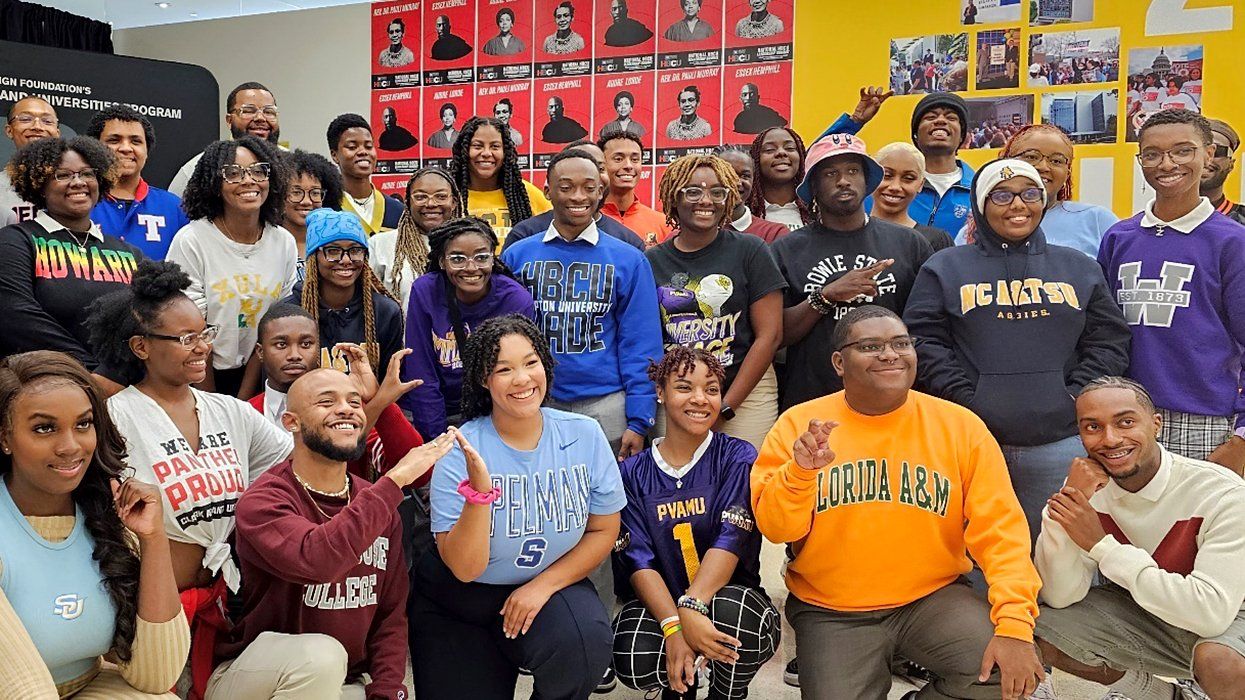The Human Rights Campaign Foundation and the Historically Black Colleges and Universities (HBCU) program marked a significant milestone in November with the 20th anniversary of the organization’s Leadership Summit in Washington, D.C. This event united 32 HBCU students, focusing on cultivating their leadership abilities and reinforcing their commitment to LGBTQ+ advocacy and inclusion on their campuses.
Reflecting on the evolution of the summit, HRC’s HBCU Director Leslie Hall celebrated its development in a conversation with The Advocate.
“We’ve seen the Leadership Summit evolve over the last twenty years, but the one constant has been the dedicated students and their unified desire to push for change,” he said.
A notable feature of the summit was its emphasis on identity development, a critical aspect for many attendees grappling with self-expression.
“So many of our students come from places where they can’t be themselves...they really have never been in a space that supports and includes them,” Hall said.
This focus is vital for empowering students to explore and affirm their identities in a nurturing environment.
The transformative impact of the summit was vividly illustrated through personal stories. Hall recounted the journey of a transgender man from Spelman College.
“Right before the pandemic in 2019, we had a student from Spelman who was a trans man, and they transitioned on the campus of Spelman, which is an all women’s college,” Hall recounted. “They attended the leadership summit and left it, went back to campus, did some great things on campus, but graduated, applied for a job, came to HRC, and have been at HRC ever since.”
The summit also uniquely incorporated ballroom culture into its curriculum, providing an enriching and educational experience.
“For the last five years, we have included ballroom in our leadership summit,” Hall elaborated. “This replicates their ability to work with diverse people they may not know.”
He noted that this aspect of the summit not only educates students on an essential facet of LGBTQ+ history but also enhances their collaborative skills.
The summit concluded with participants returning to their campuses, equipped with enhanced leadership skills, a more profound sense of identity, and a renewed zeal for advocacy and change, Hall said.





































































Charlie Kirk DID say stoning gay people was the 'perfect law' — and these other heinous quotes